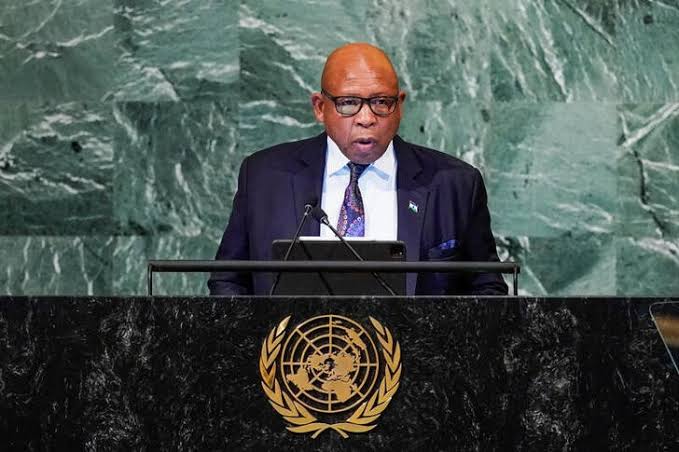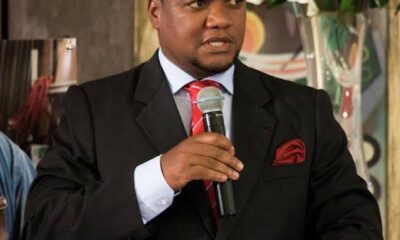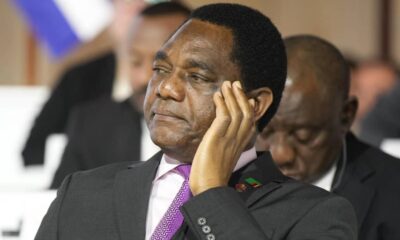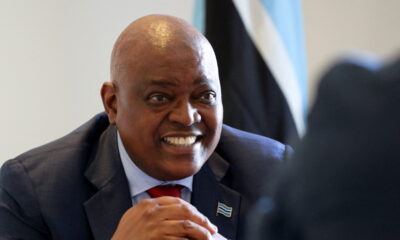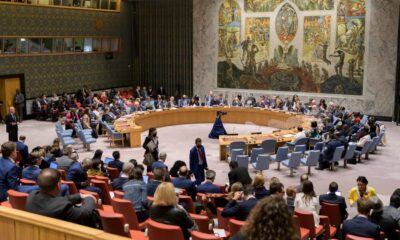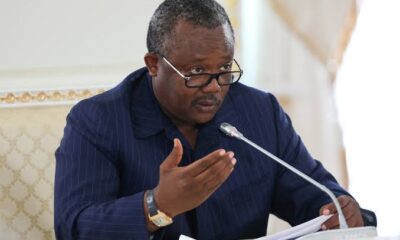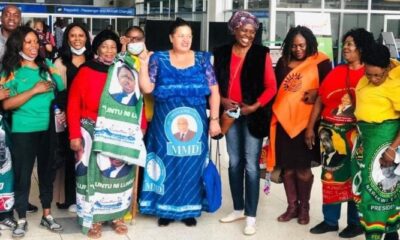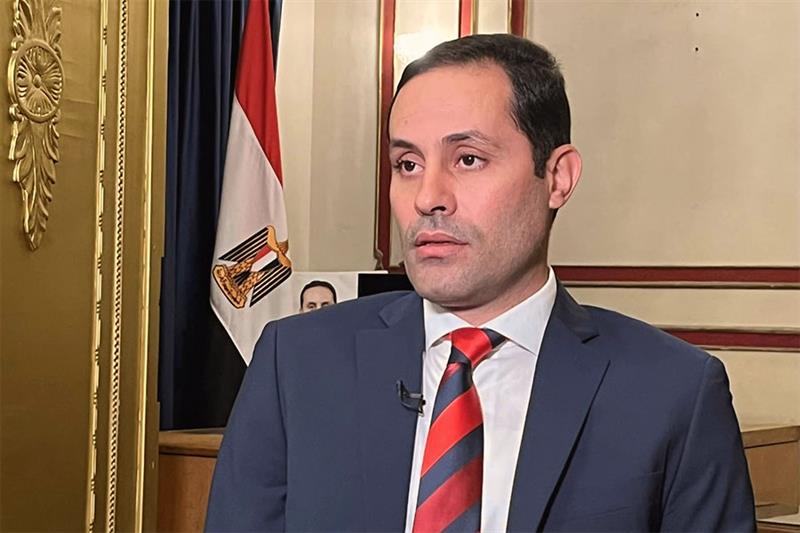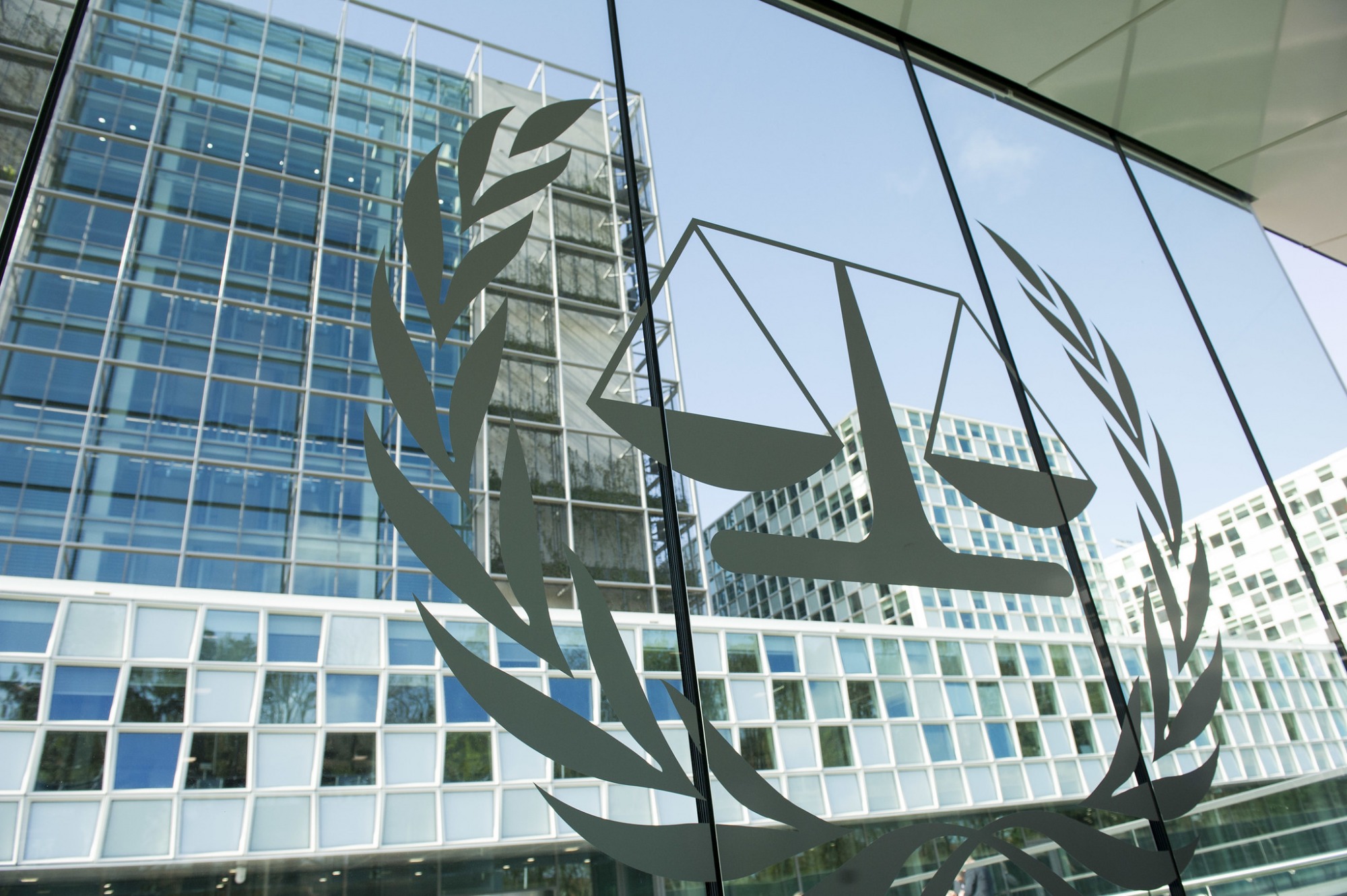Uganda’s tribunal has ordered the government to pay up to 10 million Ugandan shillings ($2,740) to each victim of Lord’s Resistance Army commander, Thomas Kwoyelo, the first senior rebel leader to be convicted.
Kwoyelo, a mid-level LRA leader, was sentenced to 40 years in jail in October for war crimes like murder, rape, slavery, torture, and kidnapping.
Kwoyelo’s “indigent” status prevented him from compensating the victims, thus the court ordered the government to compensate.
Kwoyelo’s crimes were “a manifestation of failure on the part of the government that triggers a responsibility on the state to pay reparations to the victims,” the verdict added.
The court also ordered various financial compensation to Kwoyelo’s property destruction and theft victims.
From strongholds in northern Uganda, the LRA brutalised Ugandans under Joseph Kony for over 20 years while it fought the military to destroy the government.
The militants raped, abducted, cut off victims’ limbs and mouths, and bludgeoned them to death using crude implements.
Under military pressure, the LRA withdrew to lawless forests in South Sudan, the Democratic Republic of Congo, and the Central African Republic in 2005 and perpetrated civilian atrocities.
Although assaults are rare, Kony and splintered groups are reported to dwell there.
Kwoyelo was taken by the Ugandan military in 2009 in the northeastern Congo, and his case made its way through Ugandan courts until he was found guilty in August.

 VenturesNow18 hours ago
VenturesNow18 hours ago
 VenturesNow18 hours ago
VenturesNow18 hours ago
 VenturesNow18 hours ago
VenturesNow18 hours ago
 Politics18 hours ago
Politics18 hours ago
